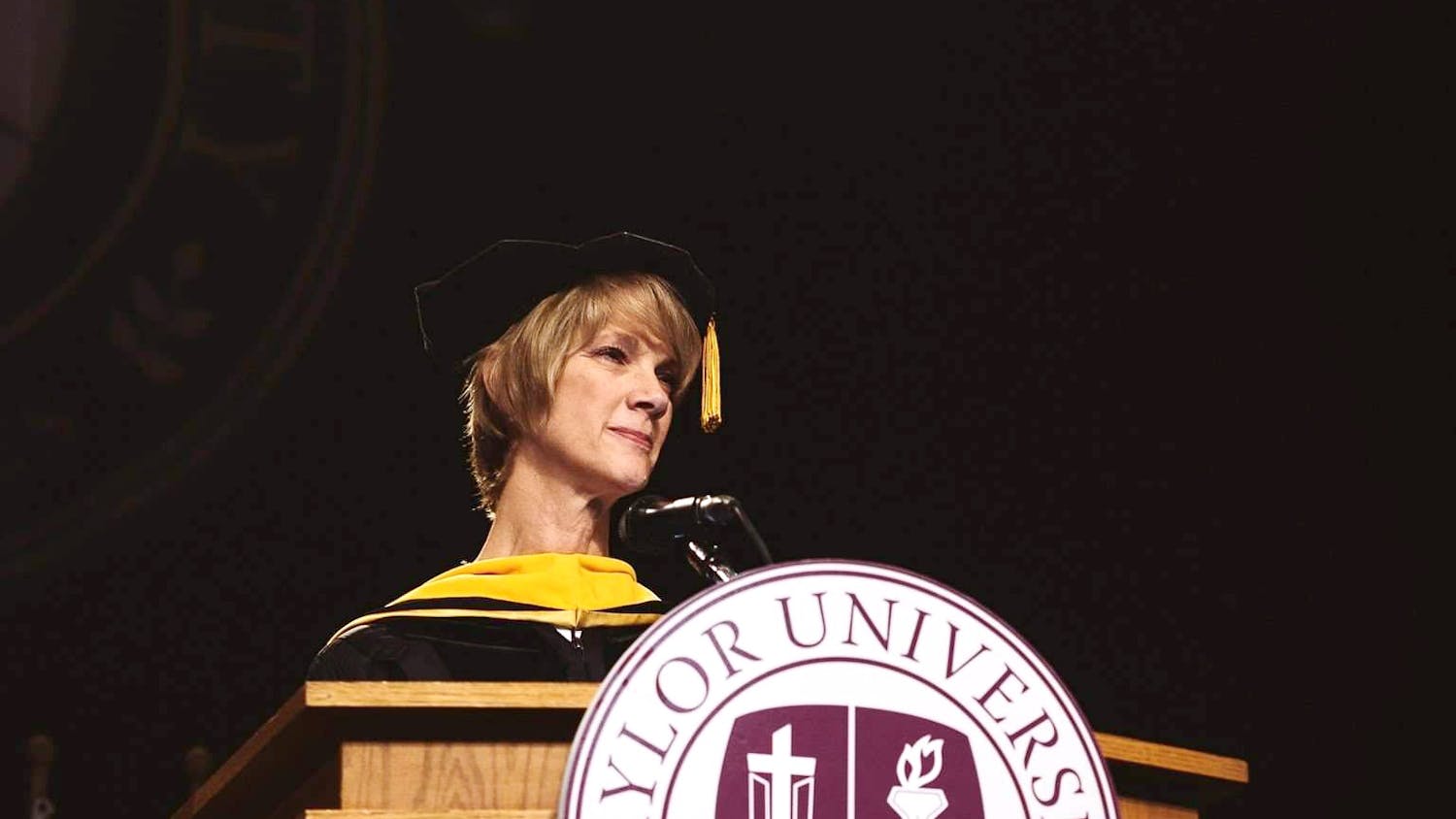Taylor’s current COVID-19 policies, aligned with guidelines set forth by the Center for Disease Control (CDC), are more flexible than in years past.
“COVID is with us, and we’re going to have to live with it,” Vice President for Student Development and Chair of the Master of Arts in Higher Education Program Skip Trudeau said. “But we’re in kind of a different season, so to speak, in how we respond.”
While the university’s COVID hotline has been discontinued, students are still expected to report positive tests. The university’s web interface (https://covid19.taylor.edu) allows students to report cases on campus, alerts the Pandemic Response Team (PeRT) and provides students with a list of next-steps.
Current CDC guidelines recommend that individuals who test positive should isolate for a period of at least five days. According to the CDC’s website, individuals who test positive but are asymptomatic can end their isolation period after day five. Those who display COVID symptoms can end their isolation period after day five if they have been fever-free for 24 hours. The CDC’s website notes that this doesn’t apply if the individual has been taking fever-reducing medication. After completing the five day isolation period, the CDC advises wearing a mask through day ten.
On Taylor’s campus, Haakonsen Hall has been set aside as a last-resort isolation center. With limited space available, students are encouraged to consider isolating at home or off-campus after testing positive.
The university no longer requires contact tracing, which means students or faculty who test positive are no longer asked to inform individuals who may have been exposed. Chief Information Officer Chris Jones, a member of the PeRT team, recommends alerting close friends to positive test results. This allows others to monitor their symptoms should any arise.
“We hope that the ongoing impact will be minimized at this time,” Trudeau said. “And that’s both in and outside of the residence halls.”
Jones and the rest of the PeRT team continue to meet regularly to review CDC guidelines and monitor the number of COVID cases both statewide and within Grant County.
Both Jones and Trudeau emphasized the transition of COVID-19 from a pandemic state to an endemic state. Rather than being classified as a pandemic, indicating a disease’s rapid, widespread properties, COVID’s endemic status signifies its ability to be contained and managed.
“I feel safe not having masking mandates right now, because of the fact that the virus is endemic,” Associate Professor of Public Health Dr. Sylvanna Bielko said.
However, despite looser masking regulations and fewer positive tests, students are still encouraged to remain conscious of COVID and those around them. Jones said that students should take responsibility for communicating with professors to notify them of a positive test and any future absences.
Most of the guidelines still in place encourage common sense when monitoring and responding to COVID symptoms.
“I think the main message is, ‘When you’re sick, you should stay away from others as much as you can and try not to share it,’” Jones said.
While the ongoing effects of COVID continue to be felt on campus, Trudeau hopes the pandemic’s impact on classroom protocol and students themselves will lessen over time. Jones is optimistic that, one day, isolation will no longer be a requirement for those who test positive.
Until then, Taylor continues to monitor the virus and take the steps necessary to ensure safety both on campus and in the surrounding community.





